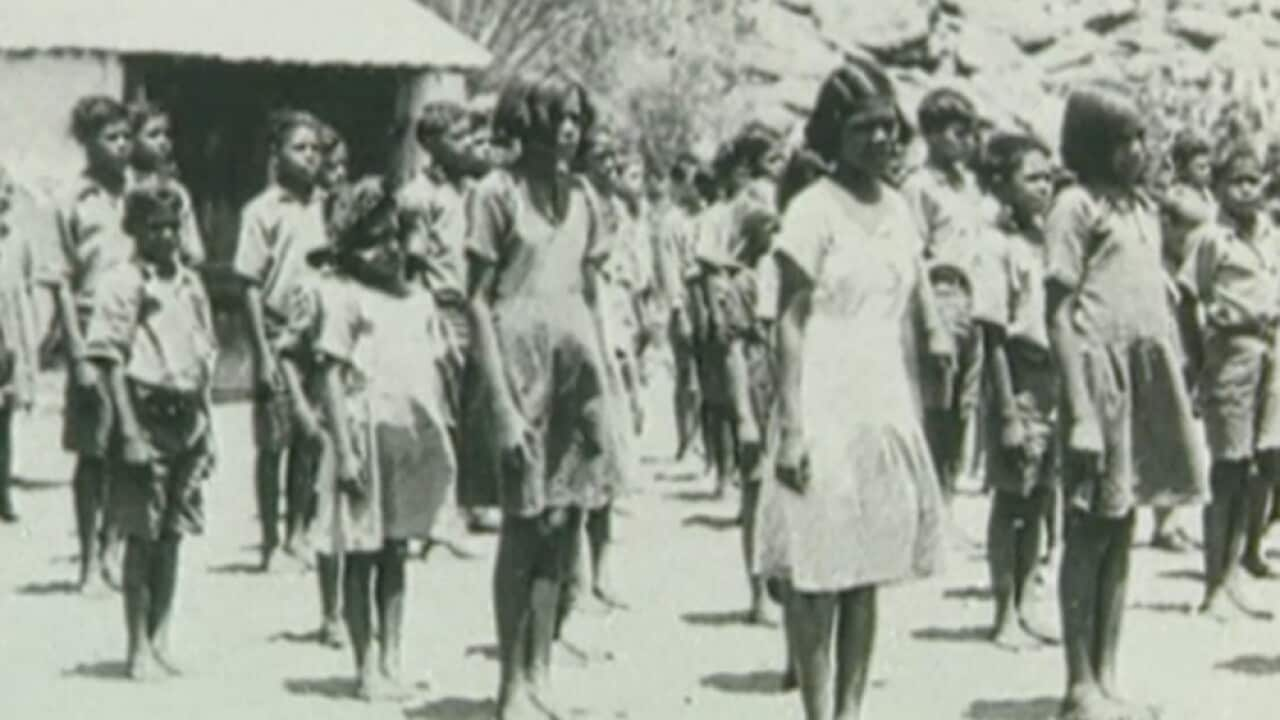

Explainer
What would a Stolen Generations Reparations Tribunal look like?
As the NSW Parliament examines reparation options for members of the Stolen Generations, NITV looks at the push for the first ever Reparations Tribunal.
Published
Updated
Who would it help?
The PIAC has proposed that anyone who was forcibly removed or could establish a loose evidentiary framework that they were subjected to labor exploitation and sexual assault be entitled to compensation via the new tribunal.
This would include direct claimants and their family members who suffered as a result of removal, and their descendants.
What money will be available?
Advocates want the tribunal system to take an expansive, holistic approach to reparations.
“Members of the Stolen Generations who I’ve spoken to about this say that this is something they really want,” said Ms Bassiuoni.
“A lot of people say they don’t want individual compensation. But what they do want is a range of proper counseling services.”
She also said there would be an “untold impact, not only on individual relations but on community relations between black and white Australia” if members of the Stolen Generation were properly supported for the remainder of their lives, and have access to “without question” service that they require.
How will the tribunal be funded?

Ideally, a reparations tribunal would be funded by the organisations and institutions responsible and involved in former forced adoption policies, including churches and governments.
Ms Bassiuoni did not put a figure towards how much compensation should be set aside by governments and institutions for members of the Stolen Generations, nor how much money would be required to run the tribunal.
However, she said that it would not be “an incredible amount of money” relative to the cause at hand.
“The budgetary aspect [of this issue] often gets blown out of perspective,” she said.
“What we do have to remember is that financial compensation is only ever symbolic. It’s not going to make anyone’s life complete after they’ve experienced these lifelong, tragic events.”
Who would appear before the tribunal?
The Tribunal would hear from any members of the Stolen Generations who want to share their stories or claim compensation, without the need to first have substantial amounts of evidence to support their case.
RELATED STORY:

Stolen Generation: One step closer to compensation
“Evidence of abuse is pretty hard to bring into the legal framework – the government has either lost or destroyed written records or people have passed away so it’s hard to get oral evidence.
“So I hope a reparations tribunal would make some group determinations. If someone wants to seek compensation for being abused physically or sexually in the past while placed at a person’s home then they shouldn’t have to bring evidence of that abuse in order to [tell their story].”
Who would control the body?
“Reparation is a practical step forward on the path of reconciliation.”
A tribunal would be run by members with various backgrounds and include people from government and institutional bodies, as well as individuals from Aboriginal and Torres Strait Islander communities.
Members of the Stolen Generations must also be involved in the design and delivery to guarantee “that these things won’t happen again”.
“Reparation is a practical step forward on the path of reconciliation.”

